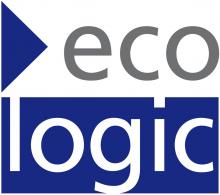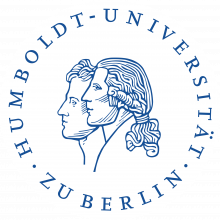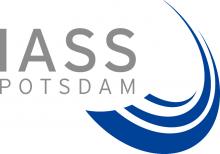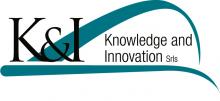The RECIPES consortium was composed of 11 partners, representing all geographical regions of Europe and bringing together academic expertise from three leading academic groups in the field of the precautionary principle (Maastricht University, University of Bergen, Humboldt-Universität zu Berlin), three major European players in Technology Assessment (Rathenau Institute, the Danish Board of Technology, the Austrian Academy of Sciences) and five leading non-profit research institutes (Dialogik, Ecologic Institute, IASS, ARC-FUND, K&I).






.jpg)
